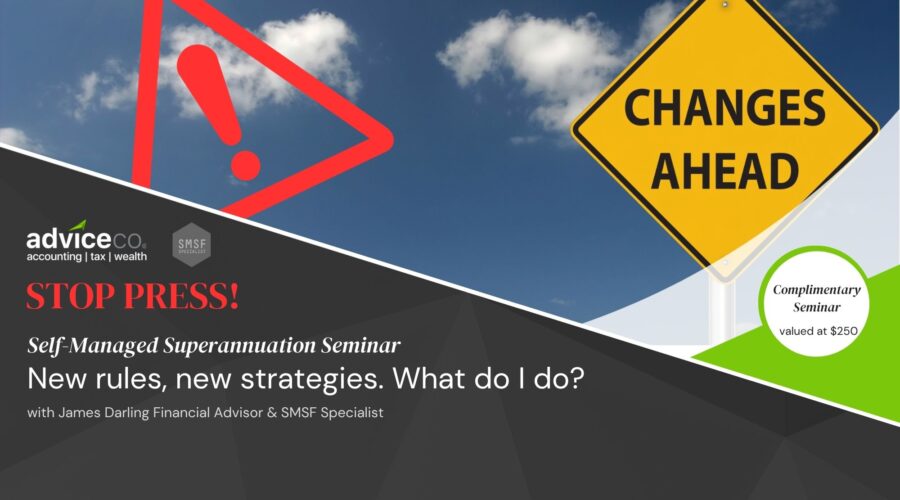Winning the war for talented staff: What does your business culture say about you? Posted on October 9, 2018
How do you find and retain good staff?
Company culture is the distinctive personality of an organisation. It determines how members act, how energetically they contribute to teamwork, problem solve and innovate. This affects customer service, productivity, and quality.
A company with a well-developed culture easily outperforms competitors because a company’s culture affects everything in it-including profits. A company with a well-developed culture, open to all that its members bring, performs well in all economic climates.
What does a ‘Negative’ culture look like?
-
Disgruntled, frustrated and unfulfilled staff
-
High staff turnover, loss of knowledge and experience
-
Disjointed client experience, so continuity of service could be compromised
If people are open, forthright and engaged, you know that is the nature of the company’s culture. In contrast if people are defensive, irresponsible, and passive, you also understand the company’s culture.
Often culture reflects the leadership style.
People look to their leaders for signals on how to behave. For example, although most people want to be open and engaged, they will only be this way if they think their leaders, and the culture, want it. In any organization 80 percent of the members are very flexible. If the culture asks for it, these employees will be engaged, responsible, pleasant, and highly productive. Conversely, if they don’t think the culture wants them to be engaged, these same people can be closed, unengaged, irresponsible, unpleasant, and unproductive. The signals, on which way to behave, come largely from the company’s culture, which is established by the leadership.
Leaders can change the company cultures by projecting what culture they would like. It is simple to build an engaging culture. If leaders want people to be engaged, engage them. If leaders want people to be involved, involve them. If managers want good communication and relationships, they communicate and establish good relationships. If leaders want people to be efficient and productive, they help employees understand their financial and production environment, i.e. give employees access to the numbers in a form that relates to the employee’s immediate tasks.
In today’s climate, many leaders are reacting to today’s tough economic environment with more directives and tighter controls. This behaviour from the top creates a culture that pulls, not for engagement, but for passive, even hostile behaviour. It’s ironic that leadership’s response to a tough marketplace would produce the opposite to what they want, which is that everyone is engaged, creative, and committed.
As you create a workplace where members can better meet their desires around their tasks, high-performance will follow. A well-developed culture is highly profitable. Leaders can directly change their workplace culture by changing how they do what they do. Everybody will see the change, like it, and respond. As you create a workplace where members can better meet their desires around their tasks, high-performance will follow.
If you would like to know more click here to email Troy Marchant our Business Development Partner who can discuss this topic with you further.





